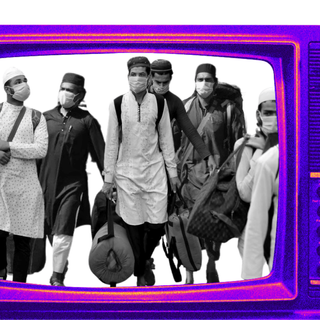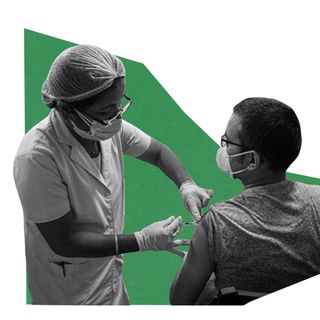The Madhya Pradesh High Court on Sunday denied the bail application of a 15-year-old boy accused of raping a minor. The court cited the Nirbhaya rape case to urge more stringent laws against juveniles who commit “grievous” offenses.
The boy was seeking bail in the rape case. A case was registered against the boy under sections of the Indian Penal Code and the Protection of Children from Sexual Offenses Act, 2012. Currently, the law tries any accused below the age of 16 as a child.
“The Legislature has still not learnt any lesson from the case of Nirbhaya as the age of a child is still kept below 16 years in heinous offenses… giving a free hand to the delinquents under the age of 16 years to commit heinous offenses,” the single-judge bench of Justice Subodh Abhyankar noted.
The Nirbhaya case refers to the gang rape and murder of a paramedical student in New Delhi in December 2012, in which one of the accused was a 17-year-old. As a juvenile as per the law at the time, the 17-year-old was not punished as severely as the others, who were eventually awarded the death sentence.
Massive outcry since led to changes in the laws around juvenile justice in 2015, when the Lok Sabha passed the Juvenile Justice (Care and Protection of Children) Act, stating that children between the ages of 16-18 years could be tried as adults if they were accused of heinous crimes.
The court’s decision in the present case was based on the fact that the petitioner allegedly raped the girl twice, and threatened her with negative consequences if she spoke up. The court further noted that the safety of others would be compromised if the boy is released and “enjoys the protection of the Juvenile Justice Act.”
Related on The Swaddle:
Nirbhaya Fund for Women’s Safety Goes Largely Unused, Isn’t Reaching Victims, Oxfam Finds
“The conduct of the petitioner clearly reveals that he committed the aforesaid offense with full consciousness and it cannot be said that it was committed in ignorance… An offense of rape, being carnal in nature, cannot be committed unless a person has the specific knowledge of the same,” the court added.
The issue of juveniles who commit heinous crimes has long been a contentious subject under the law. In 2020, the Madhya Pradesh High Court observed that in accordance with Section 12 of the Juvenile Justice Act, bail cannot be refused to a juvenile unless they are at risk of coming into contact with a known criminal after release and thus being in “moral, physical, or psychological danger,” or if it would “defeat the ends of justice.”
With offenses such as rape, the issue is further complicated when minors commit rape against other minors, say experts.
Typically, juvenile justice laws are based on the principle of restorative justice — a system of justice in which those who commit a crime are reformed and rehabilitated rather than punished. Several judgments in the past have reflected this: a 2015 Madras High Court observation that juveniles have the right to statutory bail, and two 2020 judgments by the Punjab and Haryana High Court that held juveniles cannot be denied bail based on the “gravity” of their offenses.
Since the 2012 Nirbhaya case, activists have increasingly tried to adopt principles of restorative justice in the juvenile justice system, as they believe that punishment does not stop the cycle of harm. The Justice Verma Committee, which was formed in the aftermath of the Nirbhaya case to look into and recommend changes to the country’s rape laws, also vetoed the idea of lowering the juvenile age. Instead, the report noted that it was the failure of the Juvenile Justice Act and the juvenile justice infrastructure that needed to be addressed more urgently.
However, the recent changes in legislation have made the system more retributive — or punishment-oriented — in nature. A Surat court held that bail cannot be a juvenile’s “matter of right,” adding that though juvenile shelter homes have a reformative approach, they do not “completely shun retributive theory.”
Some activists note that neither criminal nor juvenile law take adequate consideration of the victim/survivor’s needs.
“Apparently, the present law to deal with such cases is totally inadequate and ill-equipped,” the court said in the present case, adding that: “this Court really wonders as to how many more Nirbhayas’ sacrifice would be required to shake the conscious of the lawmakers of this Country.”




